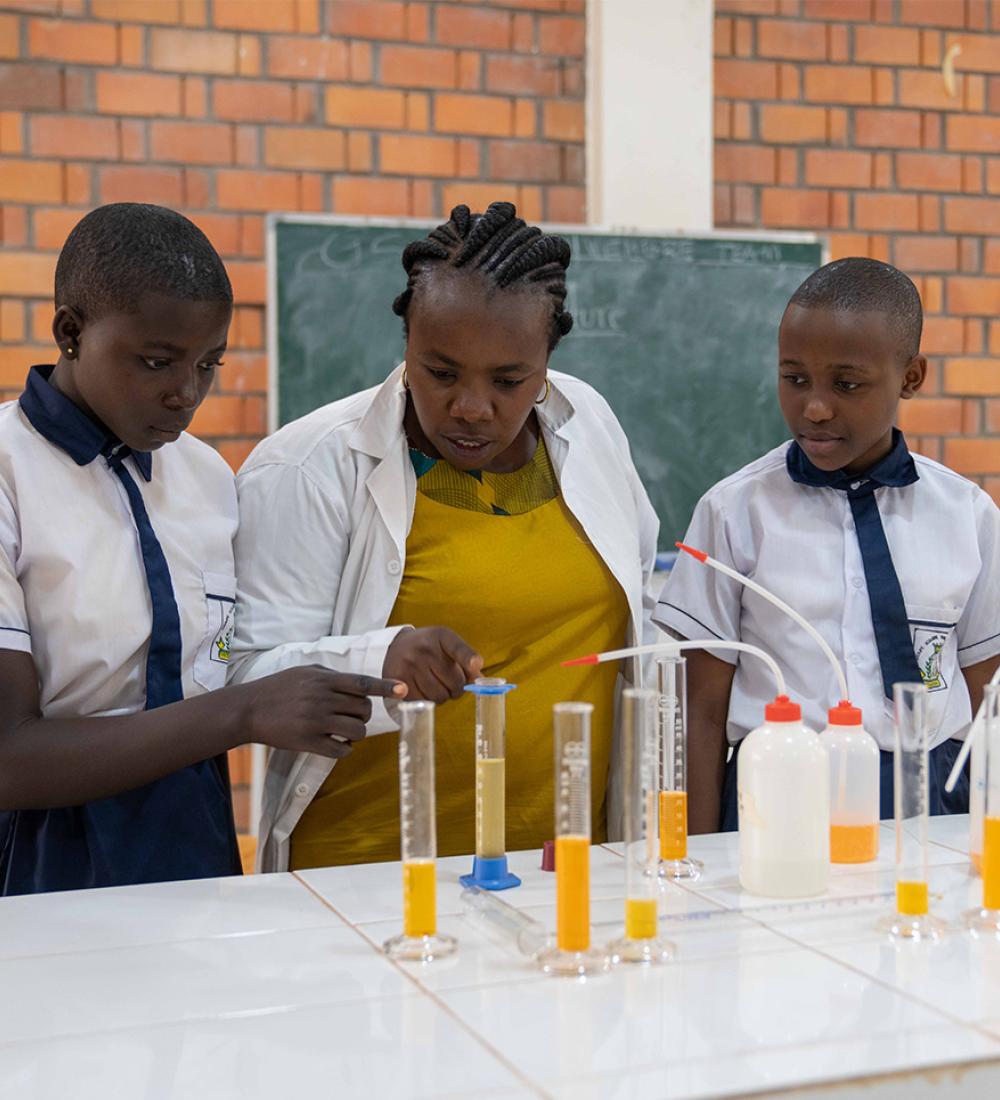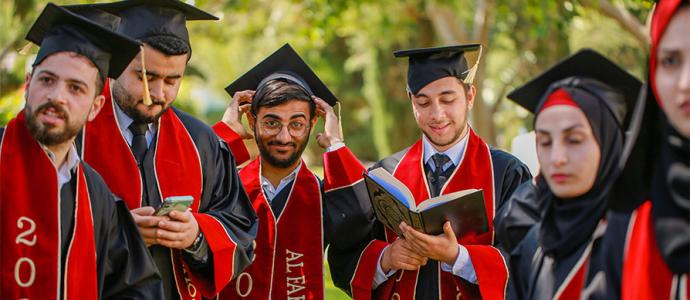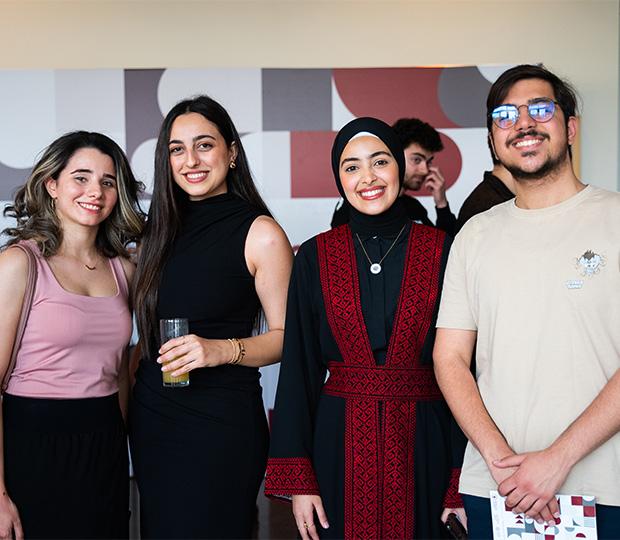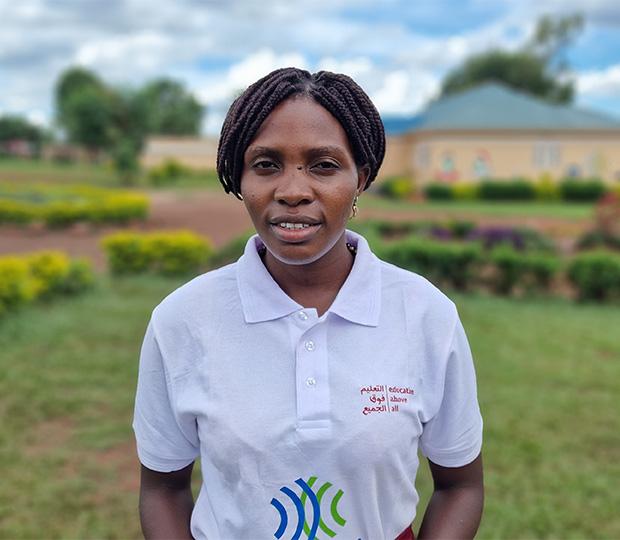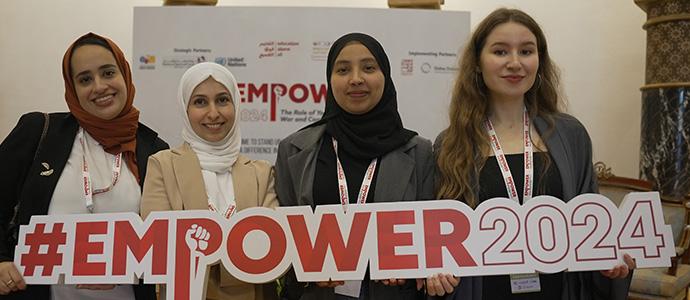Measuring the success of the vocational training program
A recently completed independent evaluation on our youth empowerment project with Islamic Relief Palestine showed the successes, impact and sustainability of the project.
In September 2011, Al Fakhoora partnered with Islamic Relief - Palestine (IRPAL) whom designed and implemented a unique vocational training and income generation project in the Gaza Strip. The project lasted 15 months with the goal to “empower marginalized youth groups in the Gaza Strip - including disabled people to achieve economic self-reliance”.
Through the Youth Empowerment Project, 100 marginalized youth were enrolled in the vocational training initiative. The project beneficiaries received two types of trainings: intensive vocational training in eight different fields, and managerial training in topics related to how to start new businesses. On completion of the training, 53 youth were provided with empowerment grants to start their small new businesses and 47 youth were provided with a temporary employment opportunity for six months.
An independent consulting firm was commissioned to perform an external evaluation on the Youth Empowerment project to assess the relevance, efficiency, effectiveness and impact of the project, whilst also providing possible recommendations on future improvements.
Youth in Palestine face enormous challenges related to different political and socioeconomic conditions including the occupation, internal conflict, deep poverty, unemployment, food insecurity and lack of extracurricular activities. Unemployment in the Gaza Strip among youth in the age 20-24 in estimated at about 59.4% while that in the age group 25-29 is estimated at about 41.9%
Despite the external factors and extreme conditions generally faced in Gaza the evaluation found that the project was able to meet the set targets in all areas of implementation.
Impact and success
The external evaluation provided evidence on how successful the project had been in terms of the impact it had on the beneficiaries;
“Specifically, the project had direct positive impact on the beneficiaries and indirect impact at other stakeholders including beneficiaries’ families, hosting institutions, trainers and the community at large. The temporary relief provided through the internship program was most appreciated by beneficiaries as it provided temporary relief from the hard living conditions in the Gaza Strip. The grants provided a stable source of income generated through the implemented micro businesses, where 94.3% (50 out of 53) of the newly established businesses are still open and operating after the completion of the project.”
One of the recommendations provided were to help ensure higher employment retention rate for future projects would be to conduct a job assessment capacity and need for host institutions prior to placement.
One of the participants in the program reflected:
“To a very high degree, the project achieved equal benefit for women and men … In the training, there were special courses for women and others for men while some of the courses were mixed. I strongly recommend adding new courses that are preferred by women such as hairdressing and beauty care”.








